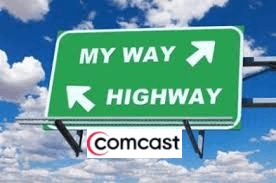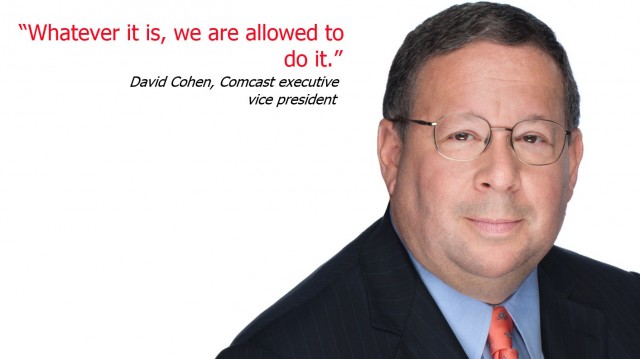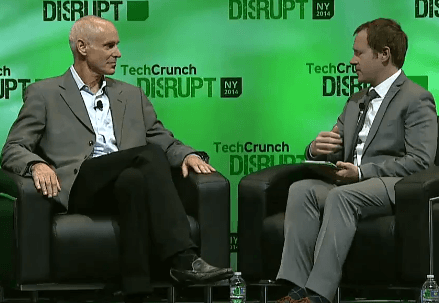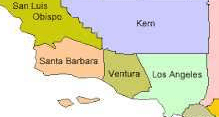 The announced merger of Comcast and Time Warner Cable is expected to have far-reaching implications for other companies in the video and broadband business, with expectations 2014 could be one of the busiest years in a decade for telecom industry mergers and buyouts.
The announced merger of Comcast and Time Warner Cable is expected to have far-reaching implications for other companies in the video and broadband business, with expectations 2014 could be one of the busiest years in a decade for telecom industry mergers and buyouts.
AT&T + DirecTV = Less Video Competition
Bloomberg News reports an announcement from AT&T that it intends to acquire DirecTV for as much as $50 billion could be forthcoming before Memorial Day. Such a merger would drop one satellite television competitor in AT&T landline service areas and promote nationwide bundling of AT&T wireless service with satellite television.
Historically low-interest rates would help AT&T finance such a deal and would turn DirecTV into a division of AT&T, easing concerns the satellite company has been at a disadvantage because it lacks a broadband and phone package.
“While the Comcast/TWC deal was the trigger, the backdrop of a slow macro economy, new competitors, shifts in technology and consumer habits all come together and force the need for more scale,” Todd Lowenstein, a fund manager at Highmark Capital Management Inc. in Los Angeles told Bloomberg.
Satellite television companies remain technologically disadvantaged to withstand the growing influence of online video and their subscriber numbers have peaked.
If AT&T buys DirecTV, the wireless giant could theoretically bundle its service with DirecTV’s video product, and in some areas of the country its U-verse high-speed broadband to the home, to compete with cable, said Amy Yong, an analyst at Macquarie Group in New York, in a note to clients.
Sprint + T-Mobile = Less Wireless Competition
Dish + T-Mobile = A Draw
 In a less likely deal Sprint is still trying to pursue T-Mobile USA for a potential merger and if regulators reject that idea, Charles Ergen’s Dish Network is said to be interested.
In a less likely deal Sprint is still trying to pursue T-Mobile USA for a potential merger and if regulators reject that idea, Charles Ergen’s Dish Network is said to be interested.
To prepare Washington for another telecommunications deal, SoftBank founder Masayoshi Son’s lobbying firm, Carmen Group, has again been meeting with elected officials and regulators to argue the merits of a merger with T-Mobile, according to a person familiar with the matter.
Dish, which failed to buy Sprint last year, would be interested in acquiring T-Mobile if regulators block Sprint’s efforts, Ergen said. That hinges on whether SoftBank Corp. fails to win regulatory approval for its plan to buy T-Mobile, which is controlled by Deutsche Telekom AG, Ergen said last week. The Japanese wireless company owns 80 percent of Sprint.
All three deals carry a combined value of $170 billion in equity and debt and would impact 80 million Americans.
Suitors hope regulators will be in the mood to approve merger deals as they contemplate enlarging Comcast through its purchase of Time Warner Cable.
Even if all the deals don’t pass muster, Wall Street banks will still rake in millions in fees advising players on how to structure the deals. Goldman Sachs and J.P. Morgan would join executives winning considerable sums for reducing the number of competitors providing telecommunications services in the U.S.
Whether customers would benefit is a question open to much debate.


 Subscribe
Subscribe Comcast will introduce usage-based billing on all of its broadband customers nationwide within five years, whether they like it or not.
Comcast will introduce usage-based billing on all of its broadband customers nationwide within five years, whether they like it or not. If the merger is approved, Comcast will face significantly less competition in many Verizon service areas also served by Time Warner Cable. Verizon FiOS expansion has ended and the company continues to de-emphasize its DSL service, which is the only broadband competition Time Warner Cable faces in many upstate New York and western Massachusetts communities.
If the merger is approved, Comcast will face significantly less competition in many Verizon service areas also served by Time Warner Cable. Verizon FiOS expansion has ended and the company continues to de-emphasize its DSL service, which is the only broadband competition Time Warner Cable faces in many upstate New York and western Massachusetts communities.
 Smit also promised major broadband speed upgrades and other improvements for Time Warner Cable customers, but nobody mentioned Comcast’s gradual reintroduction of usage caps on residential broadband accounts.
Smit also promised major broadband speed upgrades and other improvements for Time Warner Cable customers, but nobody mentioned Comcast’s gradual reintroduction of usage caps on residential broadband accounts. Companies in the Pacific Coastal region of California are concerned about losing wholesale access to Time Warner Cable’s business fiber network if the cable company is acquired by Comcast.
Companies in the Pacific Coastal region of California are concerned about losing wholesale access to Time Warner Cable’s business fiber network if the cable company is acquired by Comcast. Currently, third-party access to cable broadband technology is provided on a voluntary basis by cable operators. Regulated telephone companies like Verizon and AT&T that serve California are required to offer open access to competitors, at least on their copper line networks.
Currently, third-party access to cable broadband technology is provided on a voluntary basis by cable operators. Regulated telephone companies like Verizon and AT&T that serve California are required to offer open access to competitors, at least on their copper line networks.


